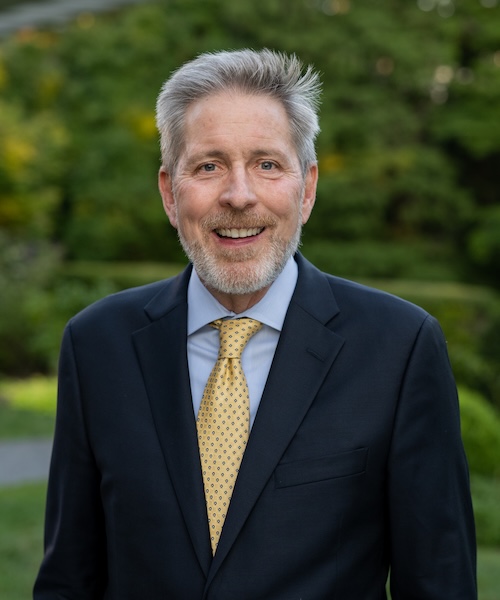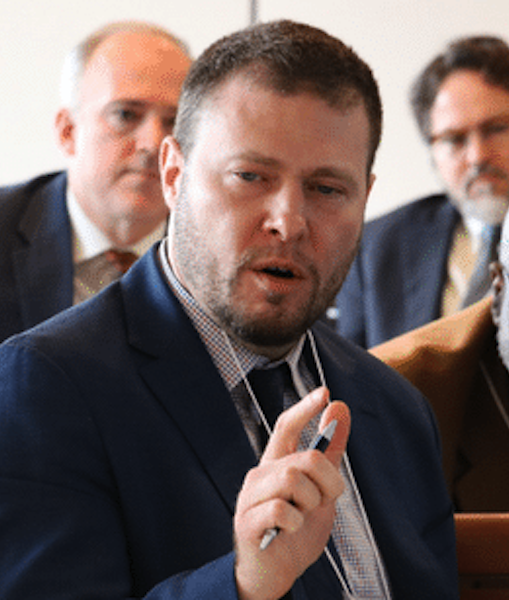Response: Too Few Faiths in a Nation of Many

David Saperstein
August 22, 2025
By: Eric Patterson Michael Kessler
July 30, 2025
The United States’ commitment to religious freedom—culturally, religiously, socially, and politically—is rooted in the earliest days of the colonies and, later, the republic.
However, there have always been contested issues about religious freedom in practice, and how it can best be expressed and defended in a pluralistic society. As part of a series of sesquicentennial anniversaries that begin in April 2025 and will culminate with Independence Day 2026, President Trump established a domestic-focused religious freedom commission and a set of advisory committees to "promote citizens' pride in our foundational history, identify emerging threats to religious liberty, uphold federal laws that protect all citizens' full participation in a pluralistic democracy, and protect the free exercise of religion." The commission held its first public meetings on June 16, 2025 in Washington, DC, and is scheduled to conclude its work on July 4, 2026.
Convening a group of experts to consider the commission, its aspirations, and its challenges, this Berkley Forum asks: How does the commission represent continuity or change with previous administrations? How will the commission relate to other government institutions and priorities? And how can the commission engage civil society, at home—and perhaps even abroad?
Editor’s Note: This series is ongoing and will continue to be updated as additional submissions are received.
Response: Too Few Faiths in a Nation of Many

David Saperstein
August 22, 2025
Response: Liberty for All? Concerns about Trump's Religious Liberty Commission

Judd Birdsall
July 30, 2025
Response: Prospects for Religious Liberty in the United States are Bright

Mark David Hall
July 30, 2025

Eric Patterson
July 30, 2025
Response: Reviving the Spirit of American Religious Liberty

Ismail Royer
July 30, 2025
Response: The Foundation of a Foundational Right

Susan Hayward
July 30, 2025